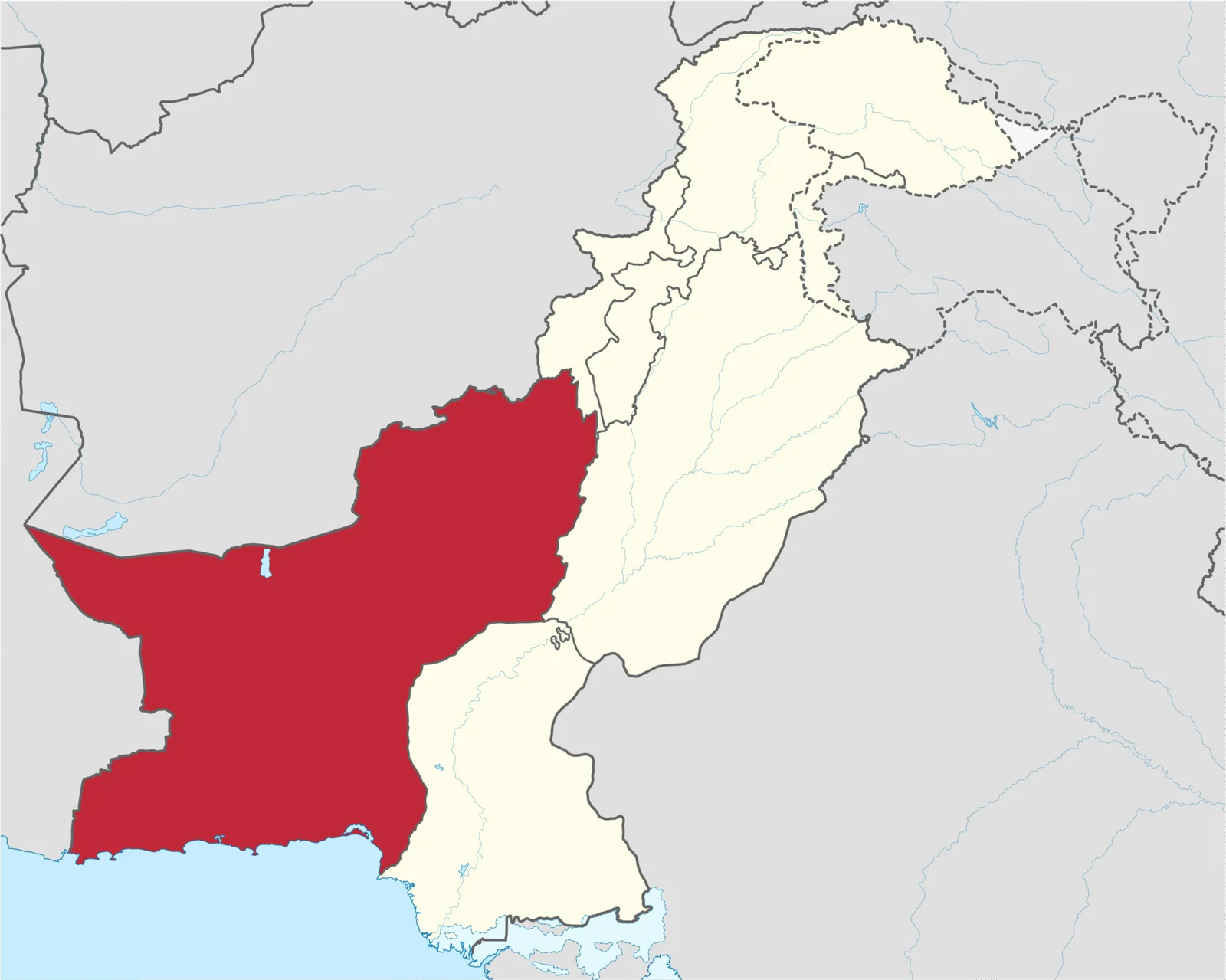Editorial
In today’s fast-evolving world, the power of knowledge stands at the forefront of determining the trajectory of socio-economic development. A compelling illustration of the critical role of governance in shaping development can be discerned through a comparative analysis between Pakistan and Singapore.
Despite its limited natural resources and population of merely one-fourth the size of Karachi, Singapore achieved an astounding $390 billion in exports last year. This impressive feat is attributed to the astute leadership that recognized the indispensable role of innovation in propelling progress within a knowledge-driven global landscape. Conversely, Pakistan’s exports stagnate at $35 billion, lagging even behind Bangladesh. This stark contrast underscores an urgent call for immediate and transformative action.
The imperative for Pakistan lies in the emergence of an unswervingly honest, visionary, and technologically adept leadership that comprehends the indispensable nature of massive investments in education, science, technology, and innovation (ESTI) for the nation’s advancement. Embracing the ‘triple helix’ model for a knowledge economy, which advocates for robust synergy between effective government policies, high-calibre educational and research institutions, and a dynamic private sector, is crucial. Tapping into the vast potential of Pakistan’s youthful demographic, a source of hope and promise, is pivotal for the nation’s leap forward.
An array of pioneering innovations is wielded as transformative agents driving economic metamorphosis. For instance, scientists at Purdue University spearheaded the discovery of a specific fungicide, propiconazole, to foster the cultivation of sturdier and more productive corn plants that consume fewer resources. Furthermore, revelations in health sciences have unveiled compounds capable of decelerating the ageing process and triggering its reversal, signifying the profound impact of scientific and technological strides.
Pl subscribe to the YouTube channel of republicpolicy.com
Information technology (IT) represents a pivotal force underpinning significant socio-economic progress, as evidenced by the phenomenal strides of nations like India. Through strategic investments in technical education, supportive government policies, and a vibrant private sector, India has emerged as a global IT powerhouse, with IT exports surging past the $150 billion mark. Similarly, Estonia’s paradigm-shifting digital transformation through the e-Estonia initiative underscores the indispensable nature of integrating technology into governance to spur socio-economic advancements.
Undoubtedly, the neglect of education and science in Pakistan, owing to ineffective governance, necessitates a radical and immediate overhaul in the governance system and the re-imagination of democracy before it’s too late. Prioritizing investments in education, science, technology, and innovation is pivotal for nurturing a knowledge-driven economy and steering the nation toward a prosperous future.
Learning from the success stories of nations like Singapore, India, and Estonia, Pakistan can craft a strategic vision that harnesses its youthful potential and propels sustainable socio-economic development. For instance, Pakistan can adopt India’s model of investing in technical education and fostering a vibrant private sector or Estonia’s approach of integrating technology into governance. This entails the implementation of policies that fortify high-quality educational institutions, champion research and innovation, and foster seamless collaboration between academia and the private sector. Through such concerted efforts, Pakistan can unleash its innate potential and fuel sustainable socio-economic development.
















